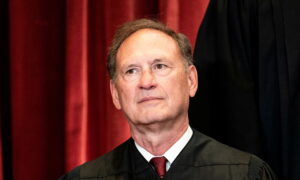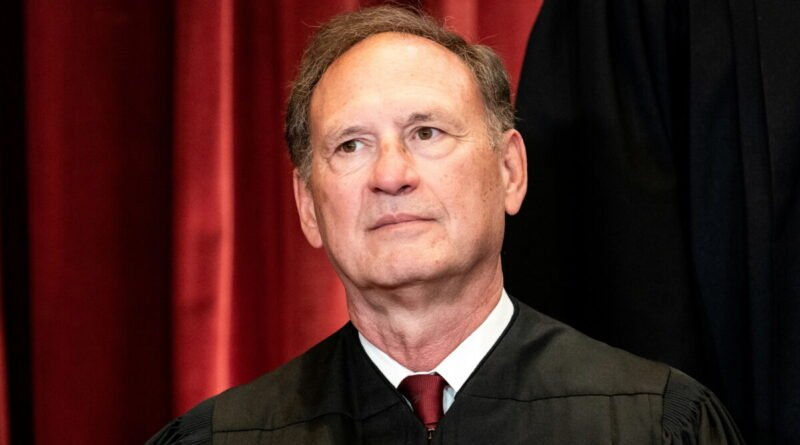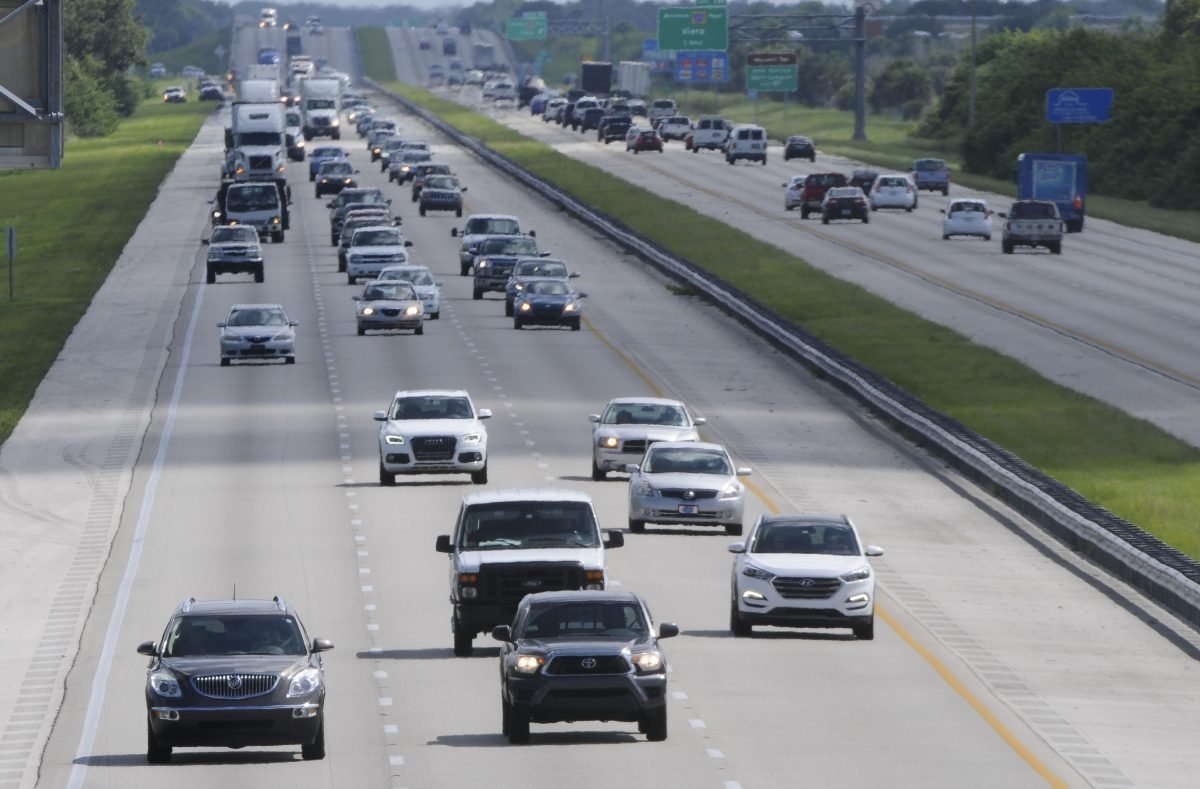Supreme Court Rules for Christian Postal Worker

The Supreme Court unanimously ruled on June 29 that a lower court applied the wrong standard in a case about whether the U.S. Postal Service violated the constitutional rights of an evangelical Christian mail carrier when the agency refused to accommodate his wish not to work on the Sunday Sabbath.
The court raised the legal standard that employers will have to use to decide how much of a burden a request for a religious accommodation would impose on a business.
The ruling, which comes as the Supreme Court has become increasingly protective of First Amendment-based religious freedoms in recent years, interprets for the first time in many years a 46-year-old precedent known as Trans World Airlines (TWA) v. Hardison. The 1977 decision held that to reject an employee’s request for a religious accommodation under Title VII of the 1964 Civil Rights Act, the employer only needed to demonstrate that the accommodation would impose an “undue hardship on the conduct of the employer’s business.”
Justice Samuel Alito wrote the court’s opinion (pdf) in Groff v. DeJoy (court file 22-174). The respondent, Louis DeJoy, is the U.S. postmaster general.
“Based on a line in this Court’s decision” in Hardison, “many lower courts, including the Third Circuit below, have interpreted ‘undue hardship’ to mean any effort or cost that is ‘more than … de minimis.’ In this case, however, both parties—the plaintiff-petitioner, Gerald Groff, and the defendant-respondent, the Postmaster General … agree that the de minimis reading of Hardison is a mistake. With the benefit of thorough briefing and oral argument, we today clarify what Title VII requires.”
The members of the Supreme Court spent much of the oral hearing on April 18 discussing the precise meaning of “de minimis,” a legal expression meaning too minor to be meaningful or taken into consideration.
“We think it is enough to say that an employer must show that the burden of granting an accommodation would result in substantial increased costs in relation to the conduct of its particular business,” Alito wrote.
“What matters more than a favored synonym for ‘undue hardship’ (which is the actual text) is that courts must apply the test in a manner that takes into account all relevant factors in the case at hand, including the particular accommodations at issue and their practical impact in light of the nature, ‘size and operating cost of [an] employer.’”
“Having clarified the Title VII undue-hardship standard, the court leaves the context-specific application of that clarified standard in this case to the lower courts in the first instance,” the justice wrote.
“The Third Circuit assumed that Hardison prescribed a ‘more than a de minimis cost’ test, and this may have led the court to dismiss a number of possible accommodations, including those involving the cost of incentive pay, or the administrative costs of coordination with other nearby stations with a broader set of employees.”
The Supreme Court remanded the case to the U.S. Court of Appeals for the 3rd Circuit “for further proceedings consistent with this opinion.”
Earlier this year and over the opposition of the Biden administration, the court agreed to take up the civil rights lawsuit of Gerald Groff, who began working as a mail carrier for the U.S. Postal Service (USPS) in 2012.
Groff was a rural carrier associate who filled in for absent career employees and delivered packages for Amazon, the online retailer, under an agreement Amazon has with the USPS.
Groff worked at the Quarryville, Pennsylvania post office until he transferred to the Holtwood post office in August 2016. The postal service initially tried to accommodate his request not to work on Sundays, but he quit in 2019 after the agency stopped exempting him from Sunday work. He sued, claiming the postal service discriminated against him by refusing to accommodate his religion. The suit went forward under Title VII of the Civil Rights Act, which was originally passed in 1964, but was amended in 1972 to require employers to provide reasonable accommodation for religious employees.
The 3rd Circuit turned down Groff’s appeal, finding that exempting him from working on Sundays, as he had asked, would have imposed an undue hardship on the postal service.
Title VII generally prohibits an employer from discriminating against an individual because of that individual’s religion. The law defines “religion” to include “all aspects of religious observance and practice, as well as belief, unless an employer demonstrates that he is unable to reasonably accommodate to an employee’s or prospective employee’s religious observance or practice without undue hardship on the conduct of the employer’s business.”
But in 1977, the Supreme Court narrowed the application of the religious provision. In Trans World Airlines (TWA) v. Hardison, the court held that an employer suffers an “undue hardship” in accommodating an employee’s religious exercise whenever doing so would require the employer “to bear more than a de minimis cost.”
This is a developing story. This article will be updated.




